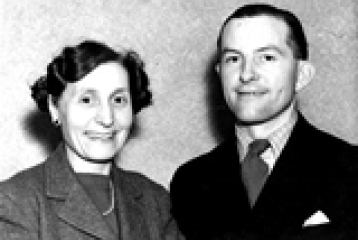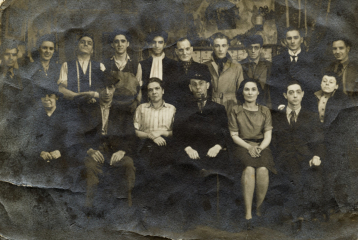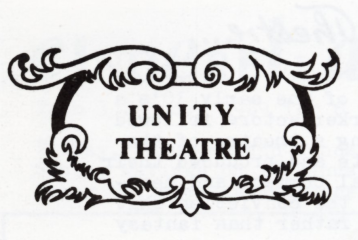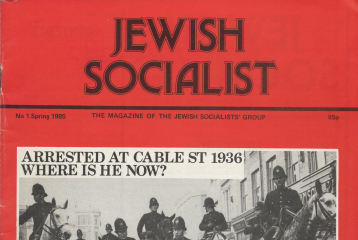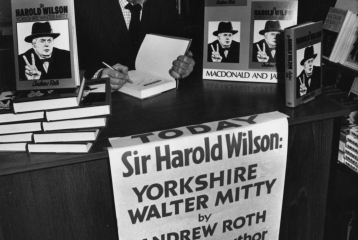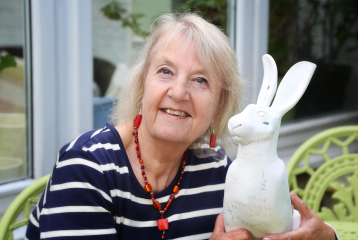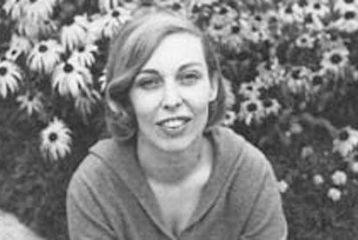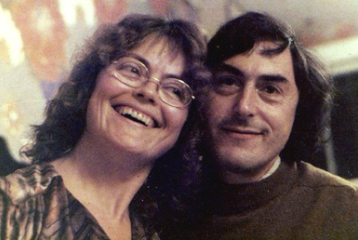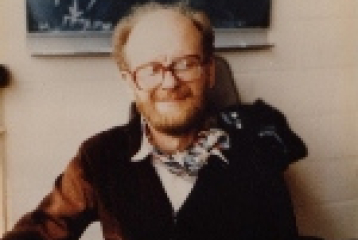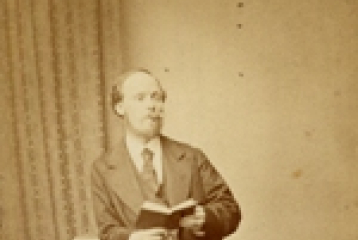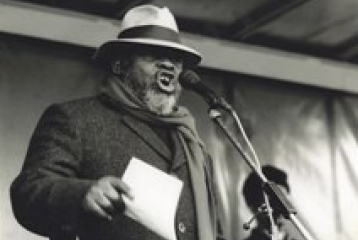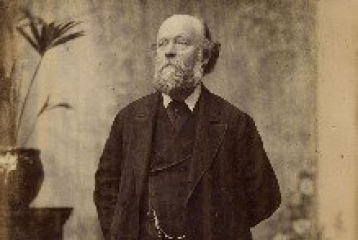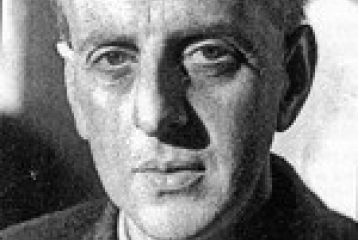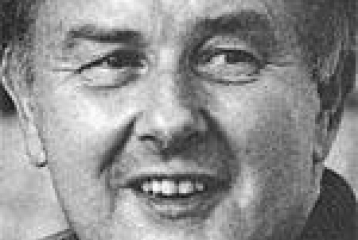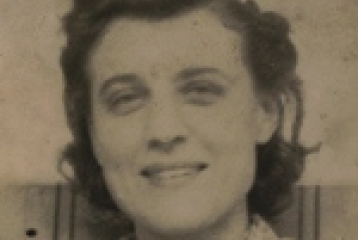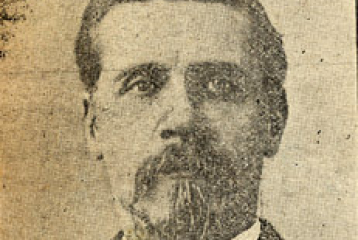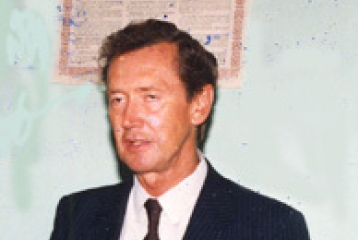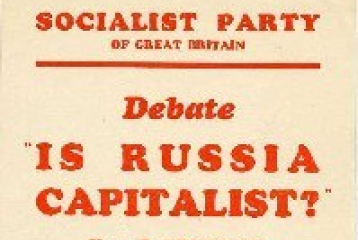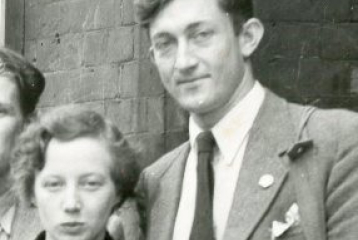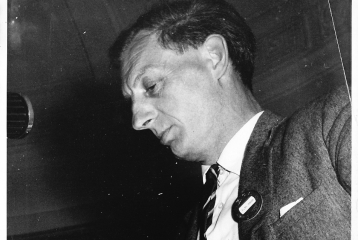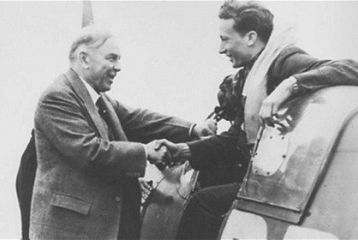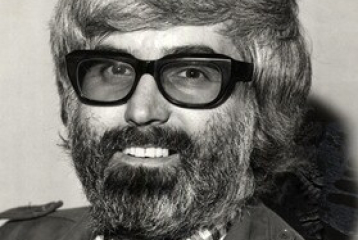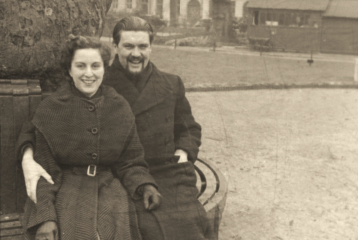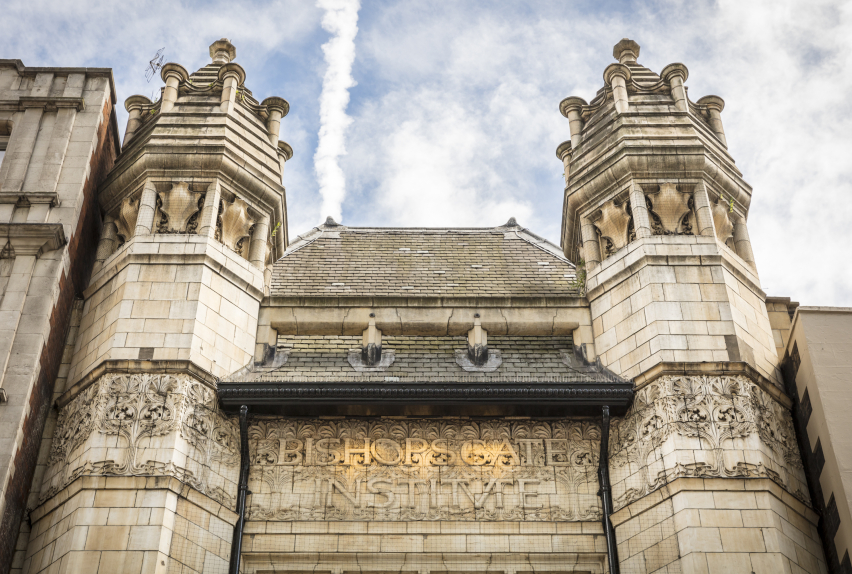Howell, George
About this Archive
(1833-1910) politician and writer
Administrative/Biographical History
George Howell was born in Wrington, Somerset, the eldest of the eight children of Edwin John Howell and Mary Welsh. Due to financial reversals and a ruinous lawsuit against a defaulting contractor, the Howell family to was reduced to penury and as a result Howell's formal education was both sporadic and rudimentary, ending before he was twelve. At the age of eight he began working as a ploughboy, later moving to assist his father as a mortar boy and, in 1847, he became apprenticed to a Wrington shoemaker. Largely self-taught, he was to become a voracious reader, notably of religious tracts and radical periodicals. After enrolling in a local Chartist group in 1848, he underwent conversion to Wesleyan Methodism and taught at Sunday school.
At the end of his apprenticeship in 1851, Howell moved first to Weston-super-Mare and then to Bristol, finding employment as a shoemaker and becoming involved in a Methodist improvement society and the local YMCA. In 1853, Howell was forced to return to the building trade, due to the move of his parents back to Bristol, although as a bricklayer rather than a mason. He moved to London, 1855, and rose to the position of deputy foreman. He began to become involved in politics spurred by acquaintance with former Chartists and political exiles, including Mazzini, Kossuth, and Marx.
Following the nine-hours dispute in the building trades (1859-1862), Howell joined the London order of the Operative Bricklayers' Society where he came into contact with the other London trade unionists including William Allan, Robert Applegarth, Edwin Coulson, George Odger, and George Potter. Through his involvement with the bricklayers' strike committee, Howell played a major part in the reorganization of the union on amalgamated principles and launched the Operative Bricklayers' Society Trade Circular in 1861. Following leadership disputes with Edwin Coulson, ending with his resignation from the London order and blacklisting by London builders, Howell moved to Surrey. There he found employment as a foreman with a former employer, a position he retained until he abandoned bricklaying for radical politics in 1865.
In May 1861, Howell was elected to the executive of the London Trades Council, promptly becoming secretary and serving in that position until July 1862 when ill health and Coulson's enmity forced him to resign. Whilst serving as secretary, Howell came into regular contact with the General Neapolitan Society of Working Men, affirming the solidarity of the London Trades Council with Italian nationalists. Howell became a member of the National League for the Independence of Poland in 1863, the Garibaldi Reception Committee in 1864, and the International Working Men's Association from 1864 to 1869. Between 1865 and 1869 he served as secretary of the Reform League, the first national organization to mobilize urban artisans for franchise reform since the Chartist campaign. During the 1868 general election he administered a special fund to mobilize new working-class voters on behalf of Liberal candidates in marginal constituencies.
In 1869 he launched an abortive Liberal Registration and Election Agency with funds provided mainly by Samuel Morley and James Stansfeld: he was closely involved with the futile effort of the Labour Representation League to devise an arrangement whereby Liberals would endorse working-class candidates in selected boroughs in return for league support for official Liberals elsewhere. Between 1868 and 1874 Walter Morrison hired him as paid secretary of the Representative Reform Association, which advocated proportional representation. He was also paid secretary of the Plimsoll and Seamen's Fund Committee from 1873 to 1875 and financial agent for the Land Tenure Reform Association. In addition he chaired the Working Men's Committee for Promoting the Separation of Church and State and served on the councils of both the National Education League and the Liberation Society. Between 1870 and 1871 Howell launched the Adelphi Permanent Building Society to provide money to enable workers to purchase homes. In 1869, Howell attended the Birmingham Trades Union Congress as unofficial representative of the Conference of Amalgamated Trades. In 1871 he emerged as secretary of the parliamentary committee of the TUC, using his office to promote the repeal of the Master and Servant Act and the Criminal Law Amendment Act of 1871.
After retiring from the TUC, Howell never again attained his former eminence in radical and trade union politics. He served successively as secretary of London school board election committees and as parliamentary agent of the Women's Suffrage Committee, but failed to obtain an appointment as a school or factory inspector. Unable to secure regular employment, he turned increasingly to writing as a source of income, contributing to the labour journal the Bee-Hive in the 1870s and publishing 'A Handy Book of the Labour Laws, a guide to recent legislation', in 1876. He also published an interpretive study of trade unionism, 'The Conflicts of Capital and Labour' (1878). During this time, Howell also served as London business agent for a Manchester coal merchant and, in 1881, briefly edited the labour weekly Common Good.
Howell made several attempts to enter parliament, contesting Aylesbury in 1868 and 1874 and Norwich in 1871, before becoming MP for North-East Bethnal Green in 1885, which he held until 1895. While in parliament Howell continued to rely on journalism for his livelihood, although he was also briefly employed by the National Home Reading Union. He published 'Trade Unionism New and Old' in 1891 and, after 1895, he withdrew entirely from political life, devoting himself to writing. His biography of Ernest Jones, serialised in the Newcastle Weekly Chronicle in 1898, never appeared in book form. His final work, 'Labour Legislation, Labour Movements and Labour Leaders', was published in 1902. Howell died (of Bright's disease and cardiac failure) on 16 September 1910.
Scope and Content
- Correspondence to and from Howell regarding various topics, 1865-1909.
- Diaries, engagement diaries and accounts kept by Howell, 1864-1907.
- Drafts of autobiographical works by Howell, 1896-1899.
- Articles, pamphlets and press cuttings of material written by or regarding Howell, 1869-1909.
- Biographical material including press cuttings, certificates, obituaries and election ephemera for the 1885, 1886, 1892 and 1895 election campaigns conducted by Howell in Bethnal Green and for general meetings featuring him and others, 1868-1910.
- Photographs of Howell, the Howell family and associates and friends, n.d.
- Research material collected by Howell for his work on Ernest Jones, including press cuttings, Jones' diaries, other miscellaneous papers and the cuttings of the work's serialisation in the Weekly Chronicle, 1839-1898.
- Papers regarding Howell's Testimonial Fund, 1897-1904.
- Papers and correspondence regarding the Howell Library Fund, 1903-1906.
- Letters from Thomas Cooper to Thomas Chambers, 1848-1883.
- Correspondence and papers regarding the administration of the Dowding Estate in Sussex (of which Howell was a trustee), 1904-1910.
- Minutes, resolutions, motions, circulars, handbills and election reports of the Reform League, 1866-1868.
- Reports, accounts, resolutions, circulars, branch records and other papers relating to the Plimsoll and Seamen's Fund Committee, 1872-1892.
- Minute book (with accompanying correspondence regarding deposit) cuttings and notes relating to the General Council of the International Working Men's Association, 1866-1869.
- Minutes and receipts regarding the Robert Applegarth Testimonial, 1910-1912.
- Minutes and accounts of the Reform Demonstration Committee, 1884.
- Printed minutes of the General Council of the First International, 1864-1868.
- Press cuttings, reports and handwritten notes regarding annual meetings of the Trades Union Congress and the Parliamentary Committee of the Trades Union Congress, 1872-1890.
- Reports on proceedings of meetings of various trade unions, 1834-1896Quantity
Quantity
48 volumes, 17 boxes.
